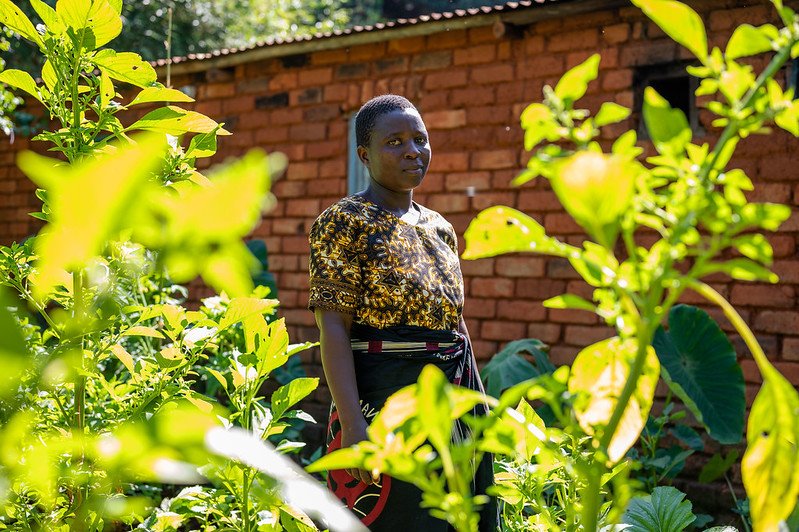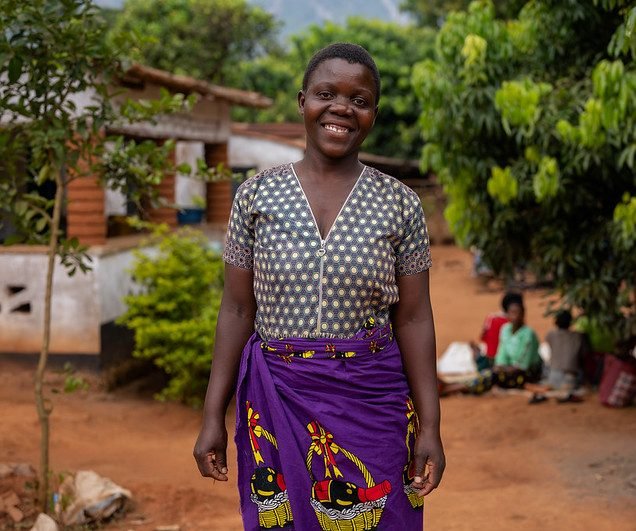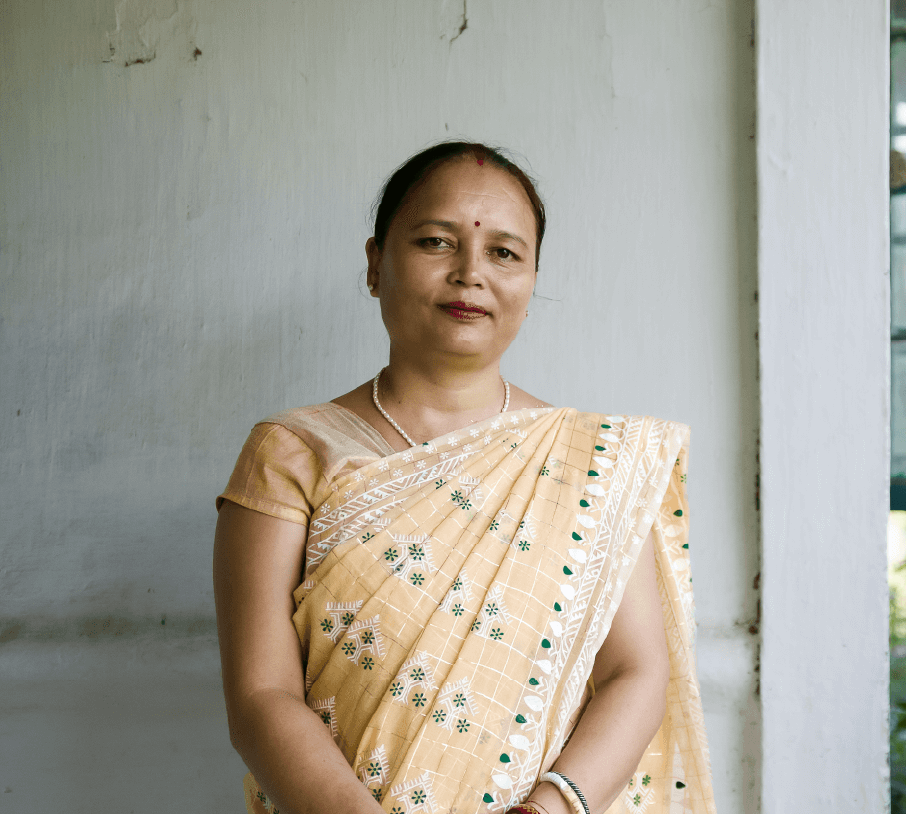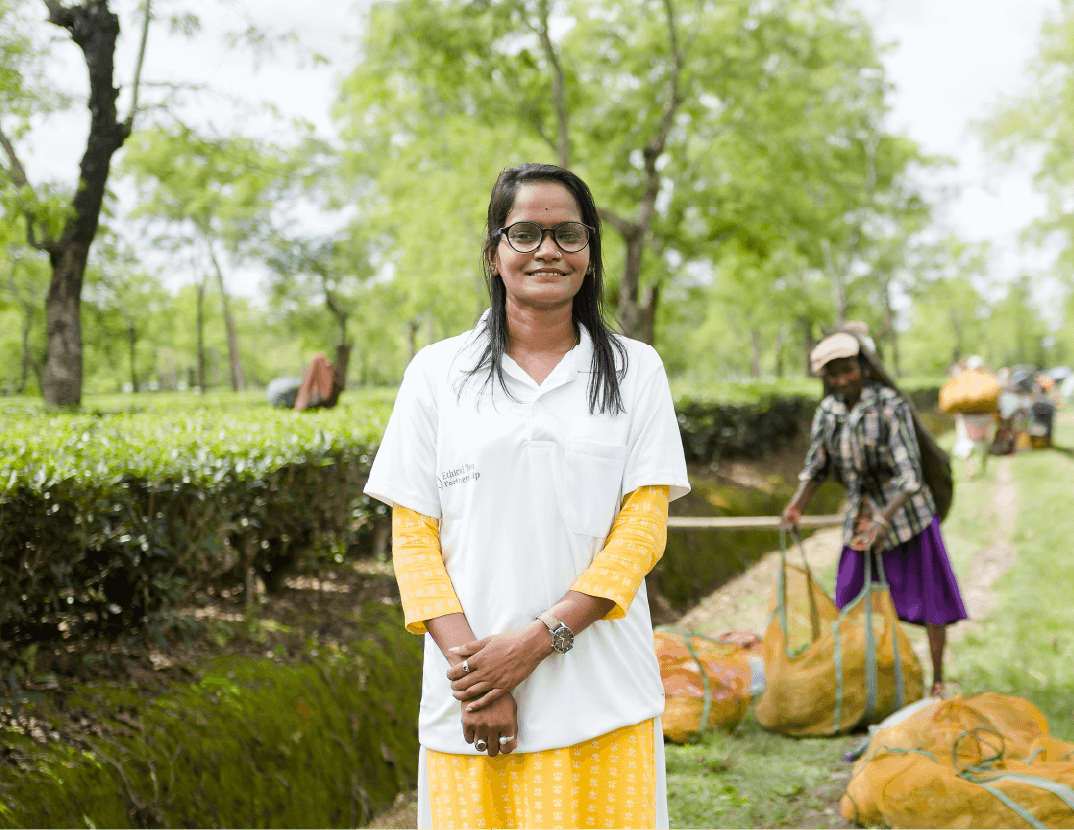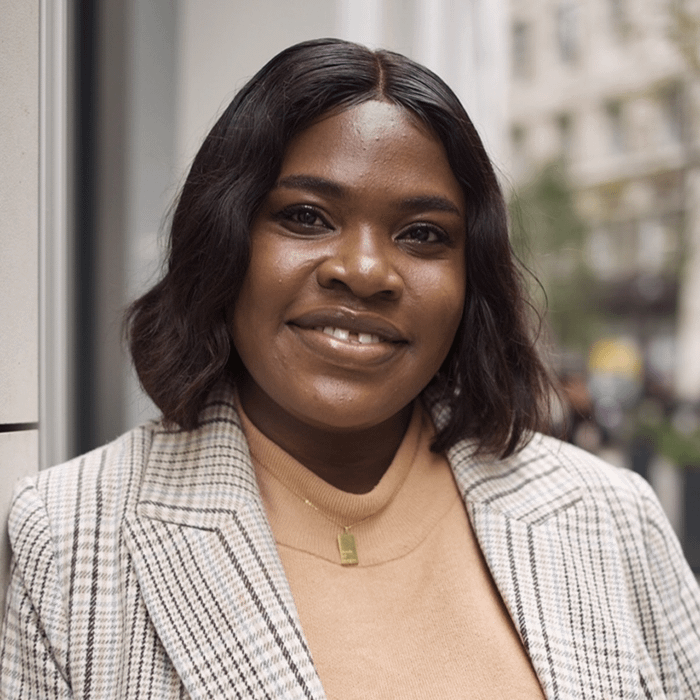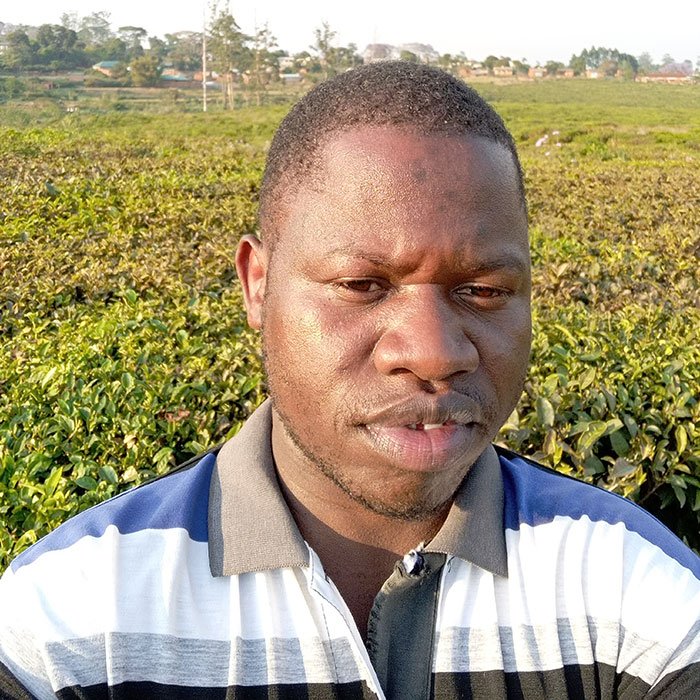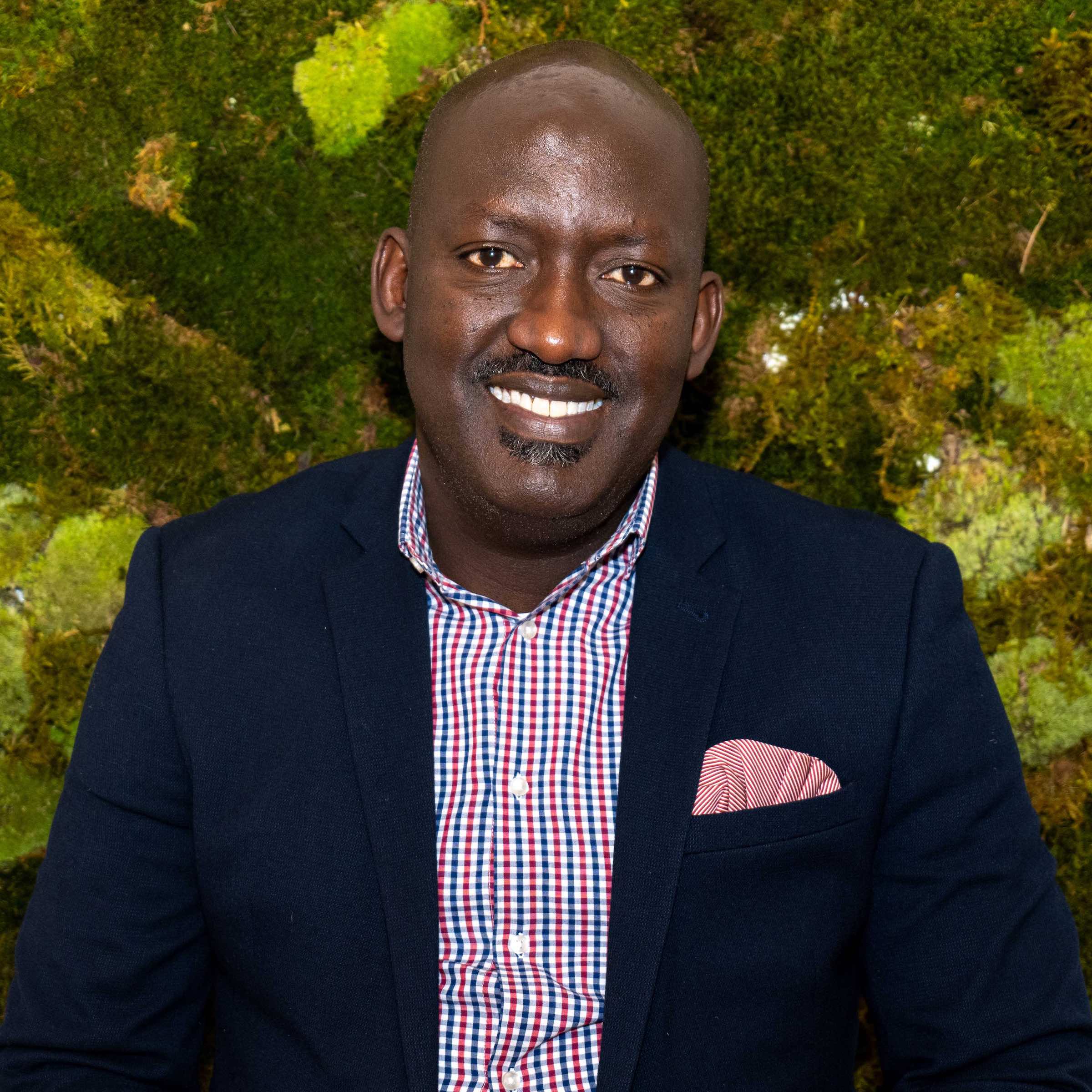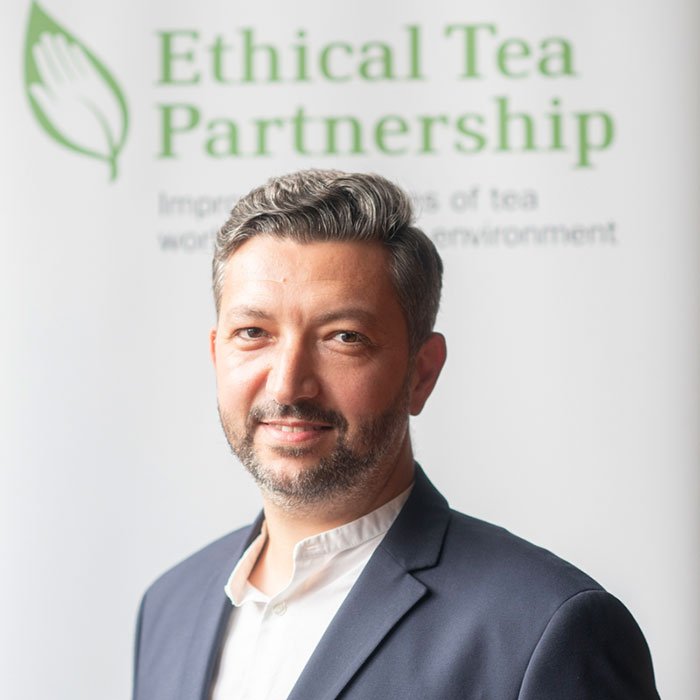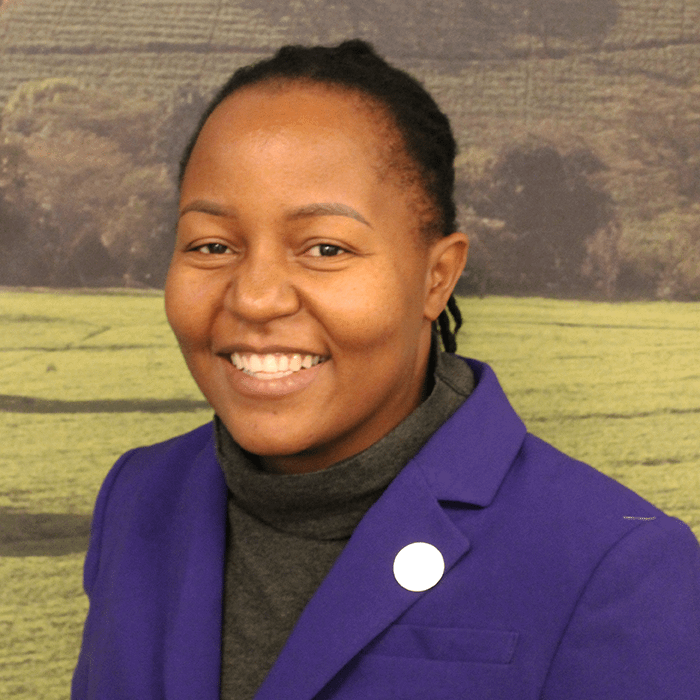VSLA groups established
- 2021-2024
- Status: On-track
Project overview
Using Community Development Forums (a model developed by CARE International) to help tea plantation communities and management tackle problems together.
Project partners
ETP core funding, Taylors of Harrogate, Jing Tea, Ostfriesische Tee Gesellschaft GmbH & Co. KG, Lavazza Professional, and the Deutsche Gesellschaft für Internationale Zusammenarbeit (GIZ)

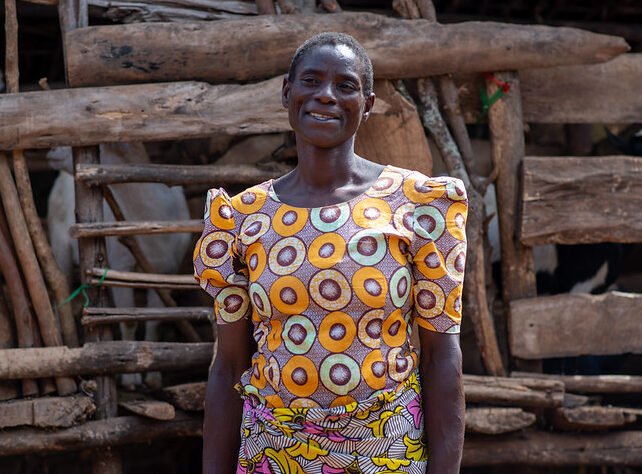

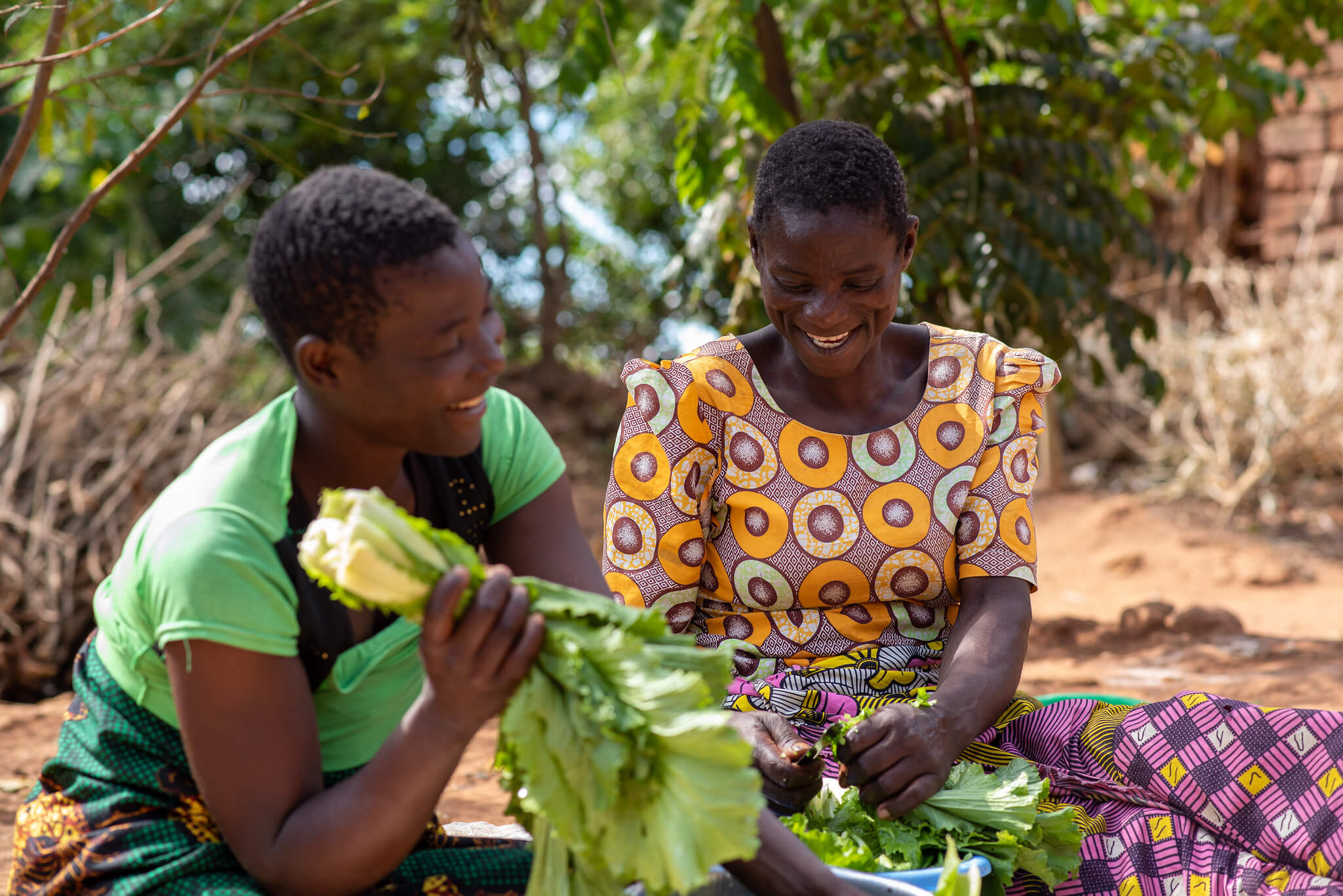
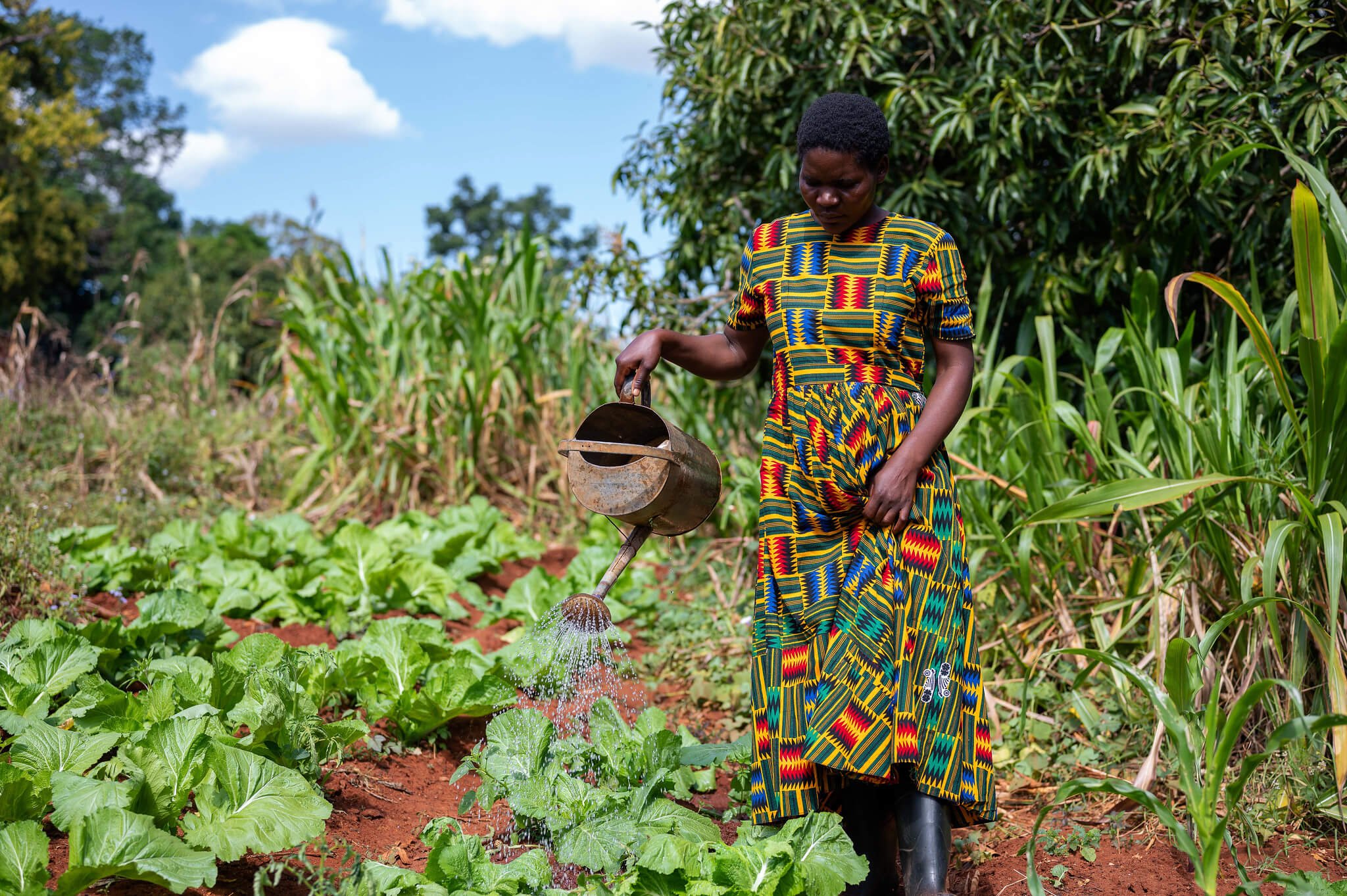
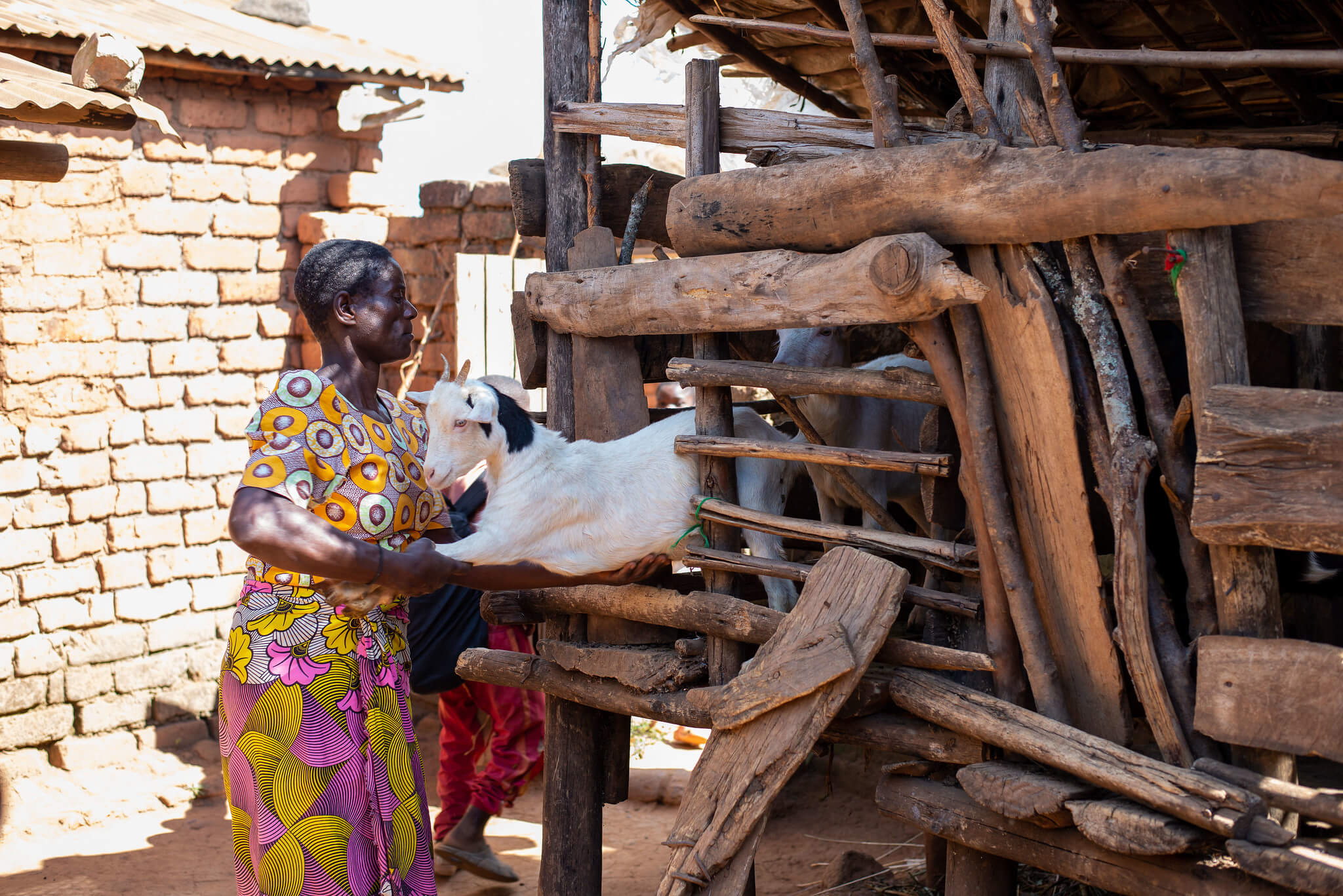
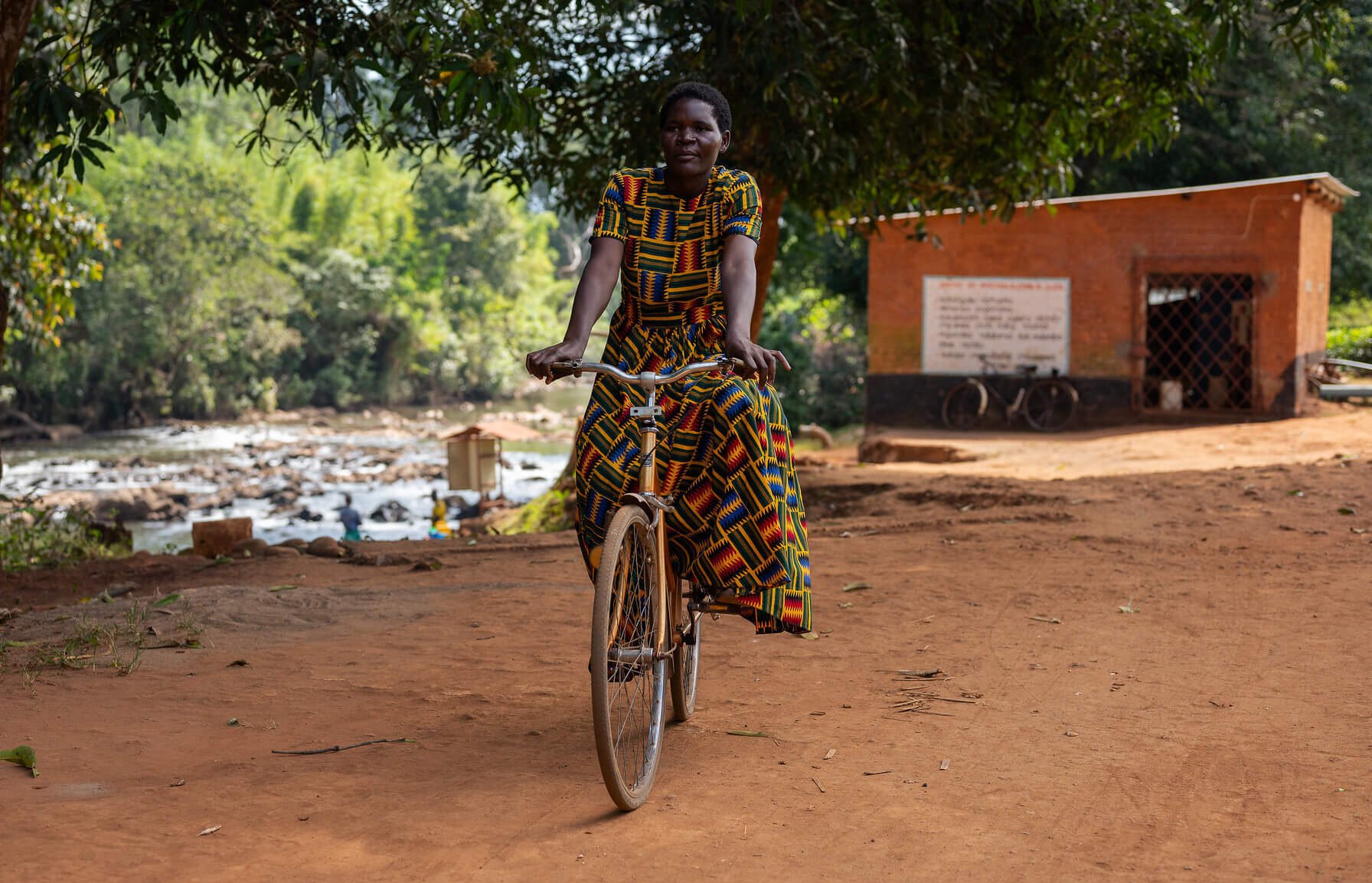

![Durah [name changed to protect her identity], 39, works as a supervisor on several tea estates in Kenya and is a smallholder farmer herself. Image: Rehema Baya / ActionAid](jpg/empowering-tea-communities-in-kenya-1.jpg)
